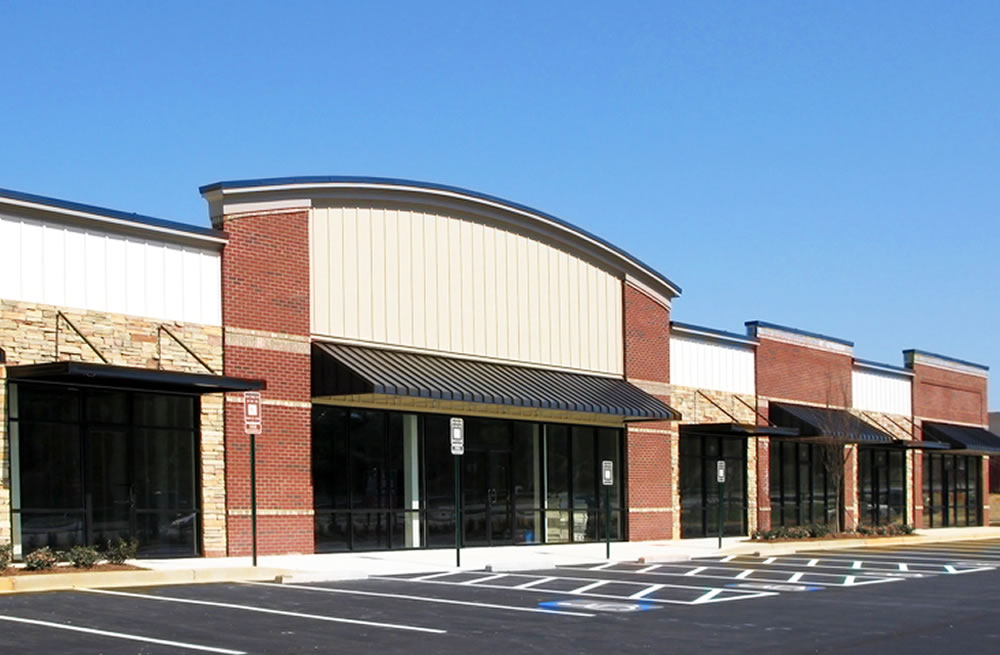
Residential vs Commercial Property Management
Commercial and residential property managers offer unique skills and expertise that may seem to overlap while in fact there are many differences between residential and commercial property management.
While many property managers have experience in each area of real estate, it is important to note there are some key distinctions between these areas of practice. Let’s take a closer look at the main differences between residential and commercial property management.
Cost to Tenants
In British Columbia, residential tenancy fees are clearly outlined in the tenancy (or lease) agreement. These fees typically include the cost of rent, heating, and minor maintenance costs (such as replacing light bulbs) while the cost for more major maintenance and repairs falls on the landlord. On the other hand, there is a range of commercial tenant expenses that commercial property managers need to understand.
For example, commercial tenants may be responsible for all or part of property taxes, insurance fees, and maintenance costs depending on the commercial lease.
Commercial Leases
For the most part, tenant costs will be reflected in the commercial lease. There are four main types of commercial tenancy agreement:
- Triple net leases are those where tenants pay all property taxes, building insurance, and maintenance of common areas.
- Modified net leases reflect an agreed-upon split of maintenance expenses while the tenant still pays property taxes and insurance.
- Gross leases feature a fixed rental fee and the landlord is responsible for all expenses.
- Percentage leases are common in retail shops or malls and require the tenant to pay a specific rent along with a percentage of their sales volume.
As you can see, there are many specialized components to commercial leases that require expertise that residential property managers may lack.
Site Management
For larger commercial properties, it is common to appoint a site manager or maintenance person to manage tenant concerns and requests. Site management requires that maintenance requests and work orders are carefully tracked and addressed according to priority criteria often defined in the commercial lease or local legislation.
Tenant and Landlord Responsibilities
In most commercial leases, the tenant bears more responsibility than is usual for residential leases. Residential property managers are responsible for ensuring the ongoing maintenance of a rental property, collecting rent payments, and dealing with tenant complaints or tenant conflict. On the other hand, commercial property management is often less “hands on.” Landlord responsibilities for commercial properties are more limited; and since properties are generally utilized during business hours, the need for emergency service or repair is lower.
As you can see, there are some clear differences between residential and commercial property management. If you are a property owner seeking property management services, always verify that your potential property manager has the skills and experience to provide the unique services you require.
